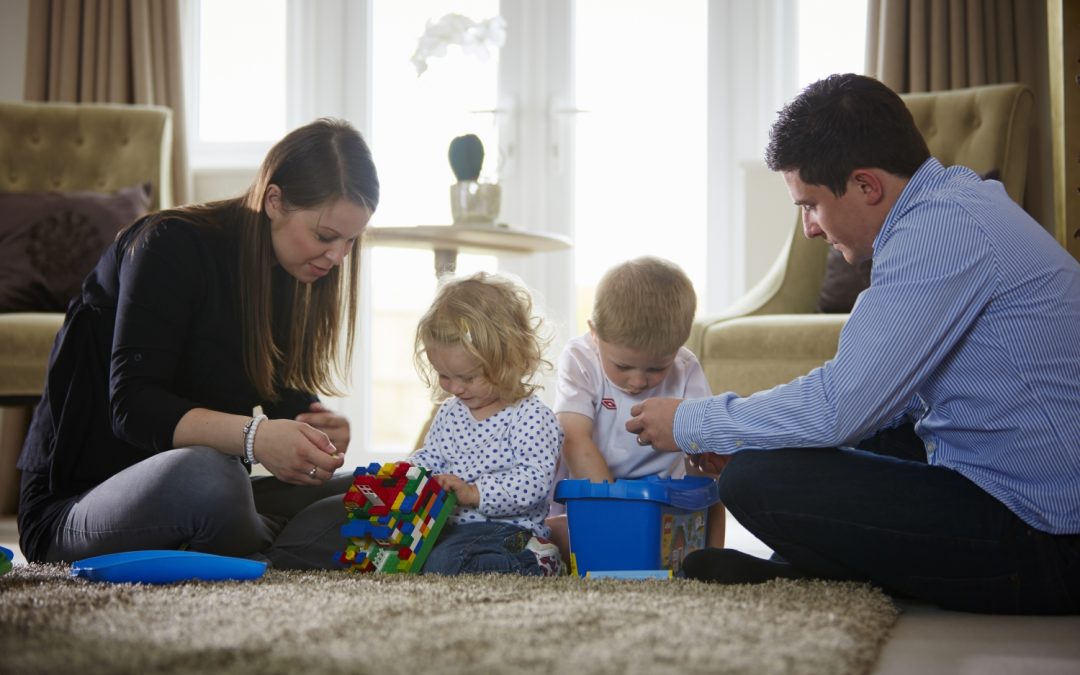Katherine Anstey
Freelance Writer
Not only can buying a property be a great investment, but it also belongs to you, so you can make home improvements to turn a house into your home.
However, a recent survey from Aviva has highlighted how many first-time buyers are under-budgeting when looking to buy their first house. The research, which surveyed 2,000 UK homeowners, revealed that 70% of first-time buyers underestimated the total costs of getting their foot onto the property ladder, with the average first-time buyer under-budgeting by £6,481.
With three quarters admitting to not doing enough research into the costs of purchasing a house, it’s important that first time buyers receive sufficient support to help them gain better knowledge and more accurate expectations about the costs of buying a property.
Follow our simple tips:
1. Research what’s right for you
It’s important to thoroughly research all the options available to you when looking to buy your first home.
- Find the best mortgage deals out there, and determine the right mortgage lender for you.
- Investigate the most suitable area and type of property you should purchase, based on your needs, preferences and goals.
- Explore all the schemes available which could help make getting on the property ladder much more achievable, such as the Government’s ‘Help to Buy’ scheme.
2. Consider the other costs
Of those surveyed, most revealed that they had under-estimated the costs needed to buy their first home because they had only planned for the deposit. The table below shows a breakdown of the other cost areas which were encountered, with an indication of how much each person had under-budgeted by.
| Fees | Under-budgeted by… |
| Deposit | £2,311 |
| Stamp duty | £903 |
| Fix/improvements | £1,680 |
| Solicitor’s fees | £267 |
| Survey | £209 |
| Mortgage fee | £209 |
| Mortgage valuation | £217 |
| Plot reservation | £178 |
| Furniture | £426 |
| Contents insurance | £40 |
| Buildings insurance | £41 |
| TOTAL | £6,481 |
Therefore, it’s important to consider and accurately budget for all the additional costs which come with buying a home, outside saving for a deposit.
3. Budget realistically
Owning a house and having a mortgage is a big financial commitment, so it’s important that before you commit, you work out what you can realistically afford. Putting together a comprehensive budget will help you achieve this. Your budget should:
- Determine your monthly income (e.g. salary)
- Consider all your fixed monthly costs (e.g. insurance)
- Add all your variable monthly costs (e.g. groceries)
- Include any larger discretionary expenses (e.g. holidays)
- Budget for any potential unforeseen costs (e.g. car breaking down)
You’ll then be able to compare your income with your total outgoings, and work out what you can realistically afford each month for the mortgage repayments.
4. Avoid unforeseen repairs
Although a new home can help you avoid any unexpected repairs or damage from previous owners, it’s still important to carefully check the condition of any house you’re looking to purchase. To know what to look out for when viewing a house, you can use Aviva’s house viewing checklist, which will help you identify any potential maintenance troubles before you buy.
5. Don’t rush your decision
There are no rules about how long it should take you to get onto the property ladder – it varies hugely for every individual, depending on their personal and financial circumstances. It’s an important process to make, so don’t rush into making a decision, or feel pressurised to buy your first house as quickly as possible before you’ve saved enough money. If the time isn’t right for you, wait a little longer and you’ll be closer to making sure that your first home is your dream home.
Buying a new home is an exciting time, and having the most clear and realistic idea about costs you may encounter will help you to avoid any unforeseen expenses, and make the process as stress free as possible.
If you’d like any further information, please do not hesitate to contact us on [email protected]

